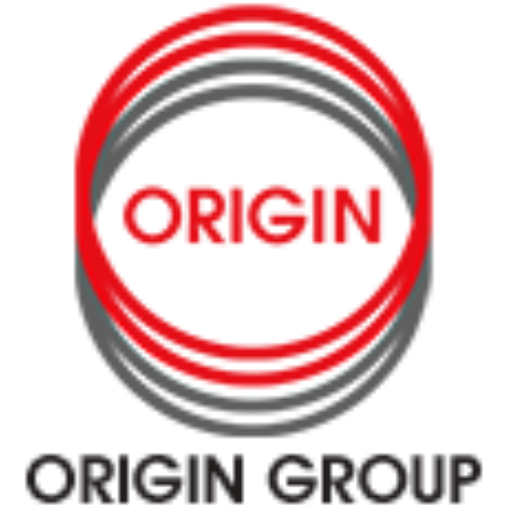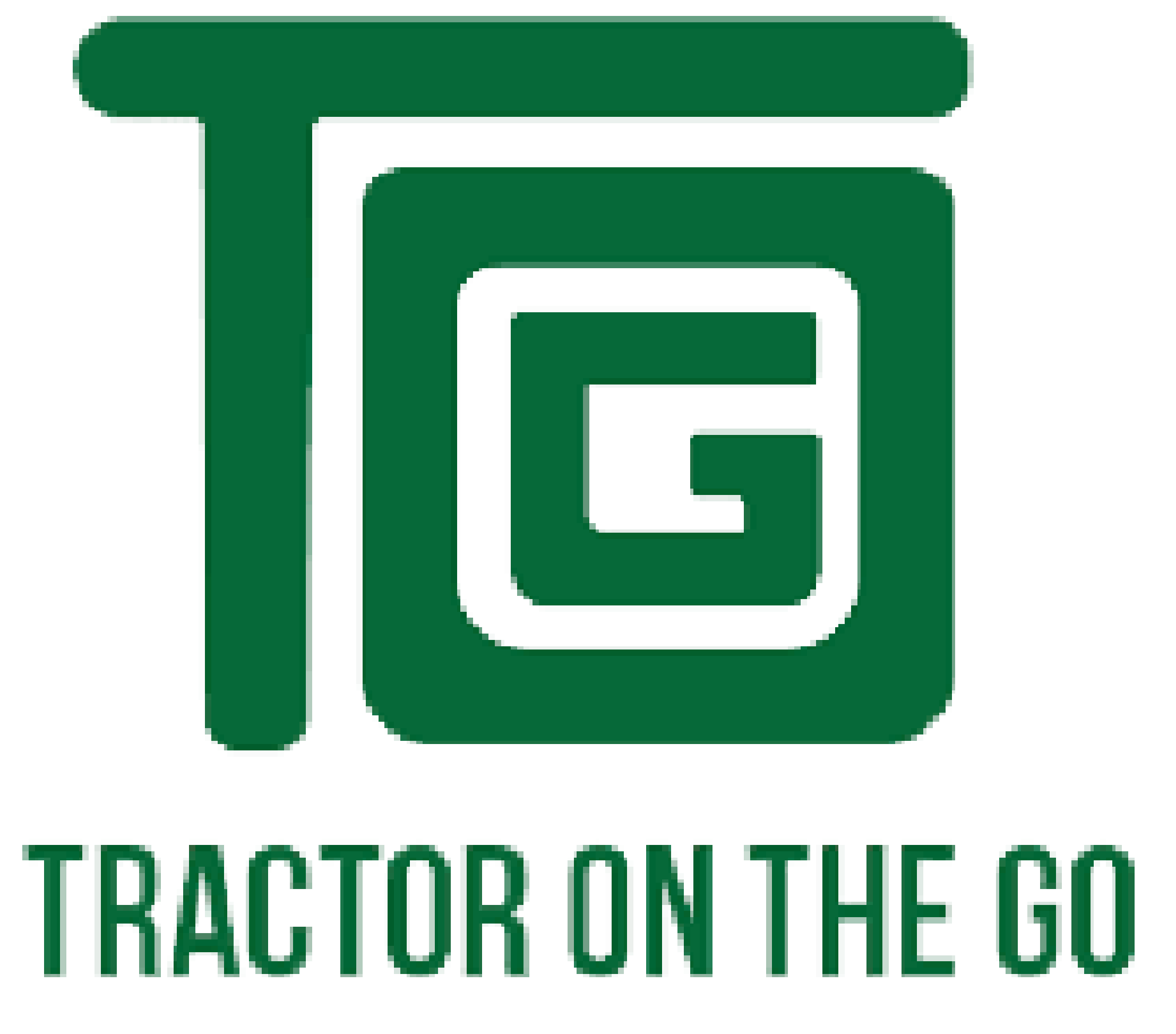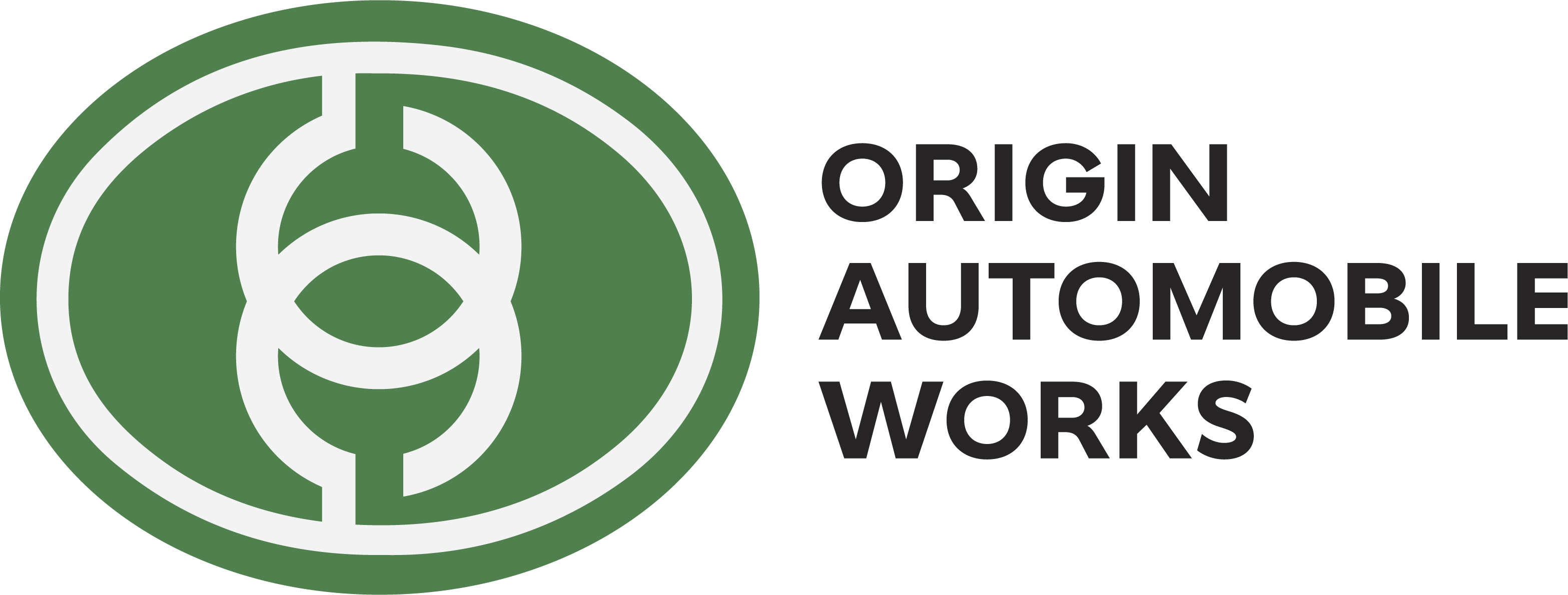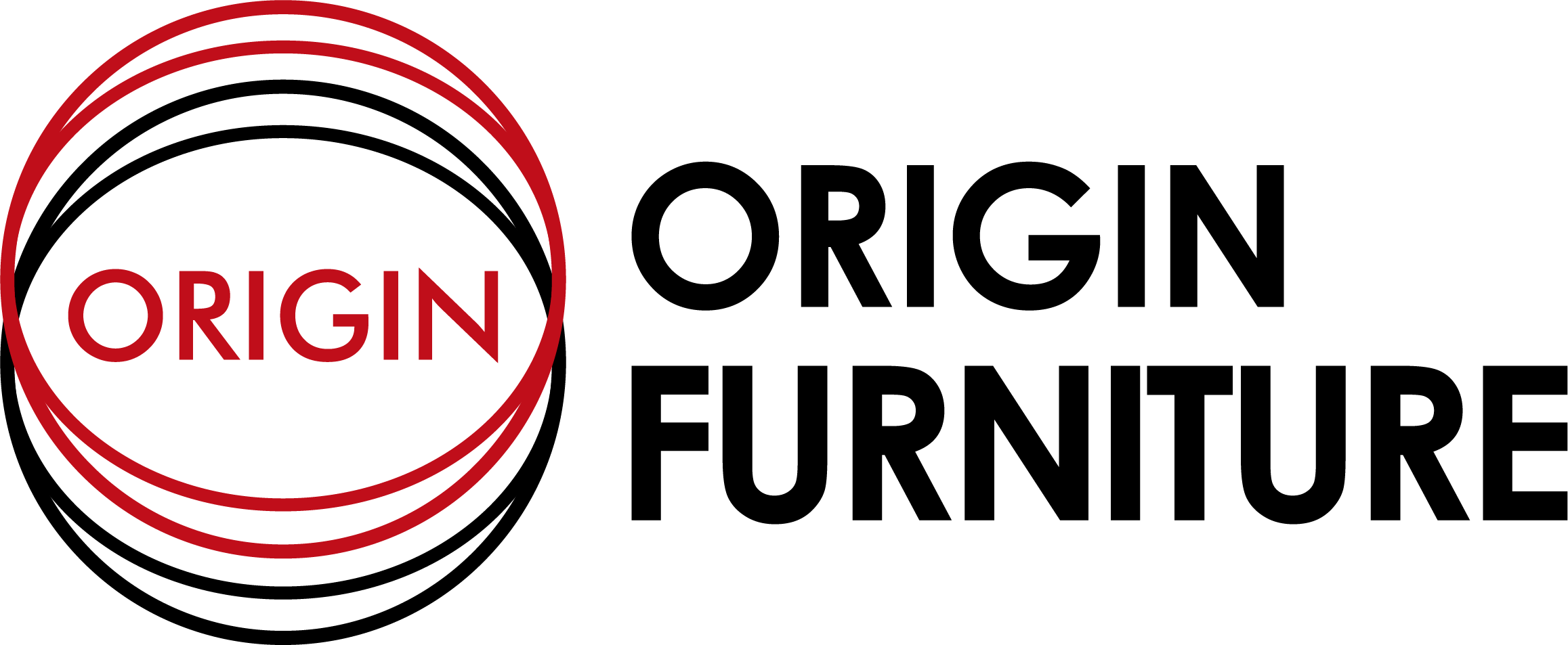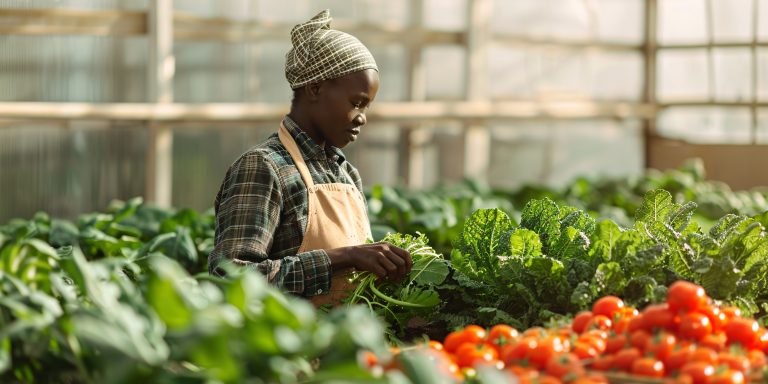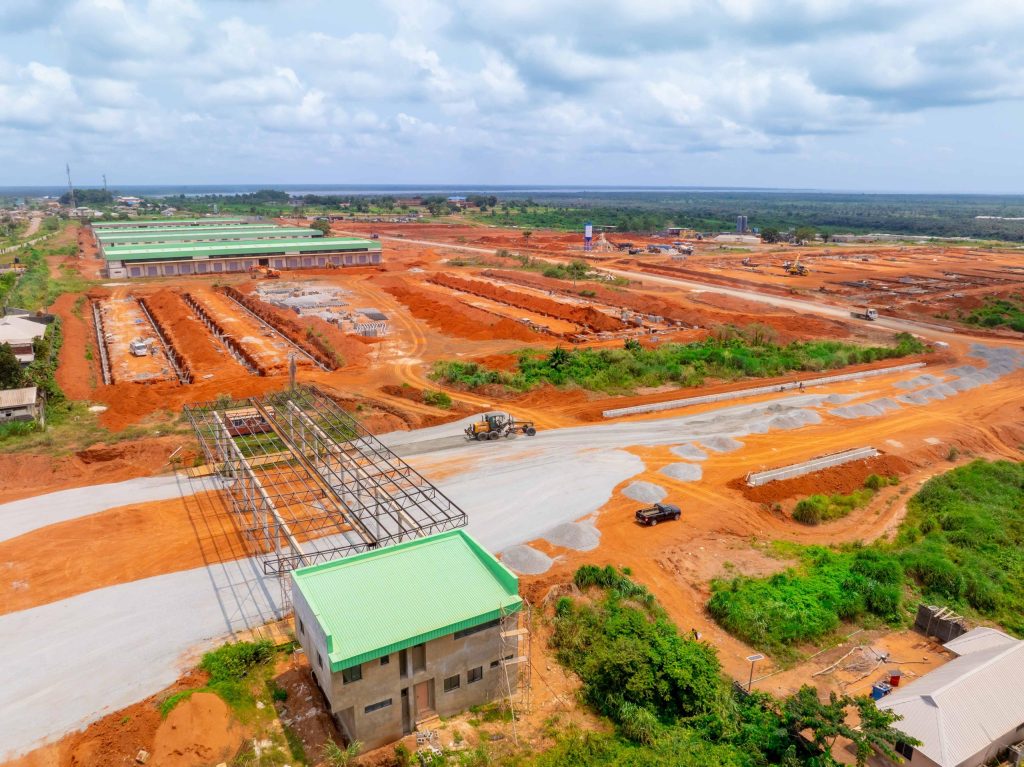Inside Lagos’ Bold ₦500bn Agriculture Plan: How Origin Tech Group Is Powering Systems for Greater Efficiency
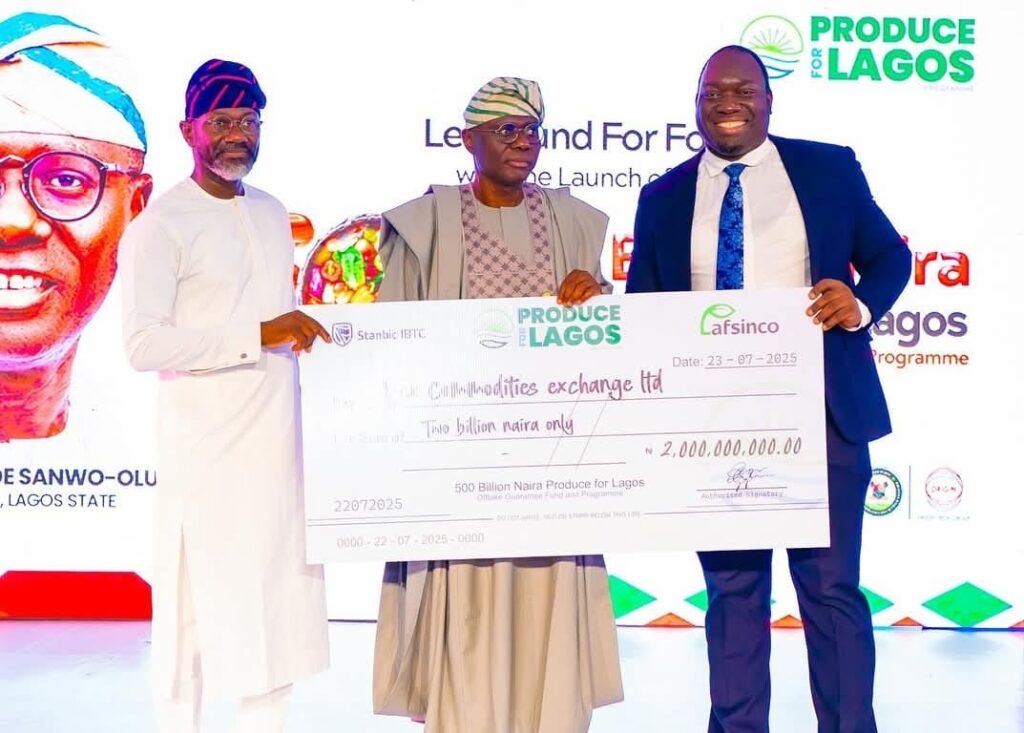
In a bold move to transform Lagos and invariably Nigeria’s food ecosystem, Lagos State Governor Babajide Sanwo-Olu on Wednesday launched the Produce for Lagos programme, a strategic initiative backed by a ₦500 billion off-take guarantee fund. Held in Lagos, the launch drew dignitaries from across the country, including Ogun State Governor Dapo Abiodun, Niger State Governor Umaru Bago and their Kogi and Taraba states counterparts, whose states have formally joined hands with Lagos in what is being described as one of Nigeria’s most ambitious agricultural partnerships.
At the heart of the event was the signing of a Memorandum of Understanding between Lagos, Ogun, Niger, Kogi and Taraba States, setting the tone for a symbiotic relationship. These partnering states will grow and supply essential crops such as paddy rice, grains, legumes, and tubers, while Lagos, with its massive consumption base, will offer a structured, dependable market.
But beyond the fanfare and politics, the vision driving Produce for Lagos finds real-world traction in the insights of Prince Joseph Samuel, an accomplished entrepreneur, founder of Origin Tech Group, and one of the country’s leading voices in agricultural transformation.
“This is not just another food programme,” Prince Samuel told reporters at the event. “Produce for Lagos is a framework designed to correct decades of disorder in Nigeria’s agricultural value chain by bringing order, capital, and commercial viability to the forefront.”
Origin Tech Group, a Nigerian conglomerate with major ventures in agriculture, automotive manufacturing, and technology, has touched the lives of 1.8 million clients across four continents. Under Prince Samuel’s leadership, the company has pioneered agricultural mechanisation in Nigeria, providing rural farmers with access to cutting-edge tools and services.
According to Prince Samuel, Lagos’ approach this time is different, and smarter.“The idea is simple but revolutionary,” he explained. “You begin by organizing the demand, the market, and then scale production backward to meet that demand. That’s how developed countries have done it, and that’s what Lagos is doing now.”
The state, he noted, is home to a ₦14 trillion food economy, a market potent enough to stimulate supply chains nationwide. “We should not be importing what we can grow. With this market power, Lagos can command production across Nigeria if properly structured, and now, it is,” he added.

To support this vision, the state is constructing what will become Africa’s largest food logistics hub. This, along with robust investment in aggregators and supply chain infrastructure, will enable farmers to obtain production contracts and secure low-risk funding from banks guaranteed by the ₦500 billion fund.
“We are de-risking agriculture,” said Prince Samuel. “By eliminating uncertainty for both lenders and farmers, we’re creating a system where farming becomes bankable and profitable.”
One of the key challenges in Nigerian agriculture has been post-harvest losses, which, for food entering Lagos, currently stands at a staggering 50 percent. Prince Samuel believes that Produce for Lagos will reverse this trend through investment in storage, cold chains, and efficient logistics.
“Reducing post-harvest loss is the fastest way to make food cheaper and improve farmer incomes,” he said. “With proper off-take guarantees, farmers will not lose sleep wondering if their produce will rot or find a buyer.”
He cited past efforts like the Imota Rice Mill, an ambitious Lagos investment hampered by poor paddy supply, as examples of why production must be tied to guaranteed demand. “The mill was a great idea. But this time, we are solving the supply issue first. You can’t run a mill without grain,” he noted.

With over 30 years of experience, Origin Tech Group has led the charge in scaling commercial agriculture through mechanisation, training, and support. The company operates in agriculture, civil engineering, manufacturing, hospitality, and logistics, all geared toward economic empowerment and national development.
“When we started in 1998, our goal was simple, to create value for the average Nigerian. That has never changed,” said Prince Samuel.
His vision extends far beyond business. Known as a polyglot and scholar with degrees in divinity, philosophy, and Chinese history, he also serves as President of the League of Nigerian Professionals in China. His philanthropic efforts in education and youth mentorship reflect his deep belief in long-term nation-building.
“Food is national security,” he stated. “Every government faces food crises every four years. Agriculture must remain a priority if we’re serious about stability, growth, and dignity for our people.”
Prince Samuel stressed that Produce for Lagos isn’t a quick fix. It’s a framework that will outlive political cycles. With support from private partners like Heirs Holdings, whose Chairman Tony Elumelu pledged ₦25 billion, and a coalition of states including Taraba, Kogi, and Ogun, the programme is already gaining momentum.
The initiative doesn’t just focus on what Lagos can grow internally, in places like Ikorodu, Epe, and Badagry, but also what it must reliably source from states with comparative advantages in crop production.
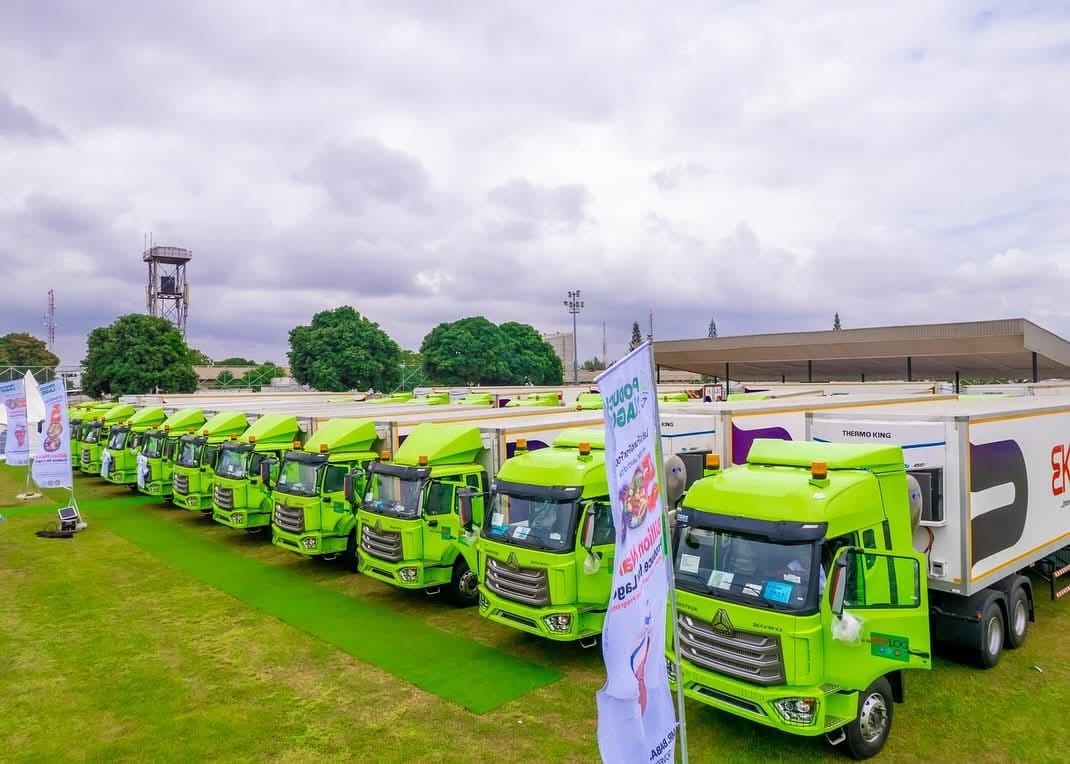
“We are not idealistic,” Prince Samuel said. “Agriculture is hard work. But with capital, structure, and offtake assurance, we are making it viable. This is how you scale up a nation’s food security.”
As Nigeria navigates a complex economic landscape, Produce for Lagos emerges as a hopeful blueprint, one grounded in strategy, collaboration, and a rare combination of political will and private sector ingenuity.
At its core is a message of possibility, that with leaders like Prince Joseph Samuel and forward-thinking governors at the helm, Nigeria’s agricultural future might finally be taking root.
